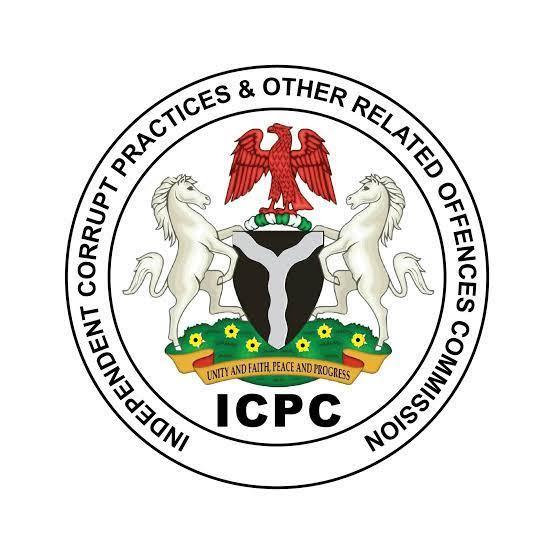The Independent Corrupt Practices and Other Related Offences Commission (ICPC) plays a crucial role in Nigeria's fight against corruption. But while many admire their patriotic work, one burning question often lingers in the minds of job seekers and the curious public:
“How much do ICPC staff actually earn each month?”
In this blog, we break down the ICPC salary structure for various ranks — from entry-level officers to top directors. If you're aspiring to join the commission or simply want to understand how federal agencies compensate their workers, keep reading!
ICPC Salary Structure in Nigeria: Monthly Breakdown by Rank
ICPC salaries are guided by the Consolidated Public Salary Structure (CONPSS), which is the same pay system used by many federal institutions. Here's a look at what different levels earn:
1. Top-Level Executives
- Positions: Chairman, Commissioners
- Monthly Salary Range: ₦350,000 – ₦700,000
These are the decision-makers at the helm of Nigeria’s anti-graft efforts. Their pay reflects their responsibilities and influence.
2. Directorate Cadre
- Positions: Director, Deputy Director, Assistant Director
- Monthly Salary Range: ₦200,000 – ₦350,000
These officers oversee major departments and operations, ensuring that the ICPC mission is executed efficiently.
3. Mid-Level Officers
- Positions: Chief Superintendent, Superintendent, Deputy Superintendent, Assistant Superintendent
- Monthly Salary Range: ₦160,000 – ₦250,000
This group forms the backbone of investigations, field operations, and enforcement.
4. Entry-Level Officers
- Positions: Inspectors, Assistant Inspectors, Admin Staff
- Monthly Salary Range: ₦50,000 – ₦100,000
New recruits, clerical staff, and fresh graduates fall into this group. Although it’s the starting point, growth opportunities abound.
Specific Salary Examples by Job Role
- Legal Adviser: ₦158,000/month
- ICT Officer (Programmer): ₦105,000/month
- Senior Administrative Officer: ₦76,000/month
- Senior Officer: ₦53,000/month
These figures show that specialized roles can also command competitive earnings.
Extra Perks: Allowances and Benefits at ICPC
Working with the ICPC comes with more than just a monthly salary. Employees enjoy several perks, including:
- Health Insurance: Coverage for staff and dependents
- Housing Allowance: Support for accommodation expenses
- Transport Allowance: Covers daily commuting costs
- Leave Allowance: Paid annual leave for rest and recovery
- Pension Contributions: Long-term financial security
These benefits not only attract top talent but also improve job satisfaction and retention.
Why Work at ICPC?
Aside from the noble mission of fighting corruption, ICPC offers a stable federal job, regular income, structured promotion system, and strong institutional backing. It's a dream employer for many young Nigerians with a passion for justice and accountability.
Frequently Asked Questions (FAQ)
1. Is ICPC salary better than EFCC?
While both agencies are similar, salaries may vary slightly due to internal structures. However, both follow federal compensation standards.
2. Can fresh graduates work at ICPC?
Yes. Entry-level positions are open to ND, HND, and university graduates. The recruitment process typically involves exams and interviews.
3. Do ICPC staff receive bonuses?
Bonuses aren't fixed but can be awarded based on performance, promotions, or special duties depending on the federal budget.
4. How often does ICPC recruit?
Recruitment is not annual. Watch out for official announcements via their website or national newspapers.
5. What qualifications do I need to apply for ICPC jobs?
A minimum of ND or HND is required for lower roles. For professional positions (law, ICT, accounting), specific degrees and certifications may apply.
Conclusion: Is a Career with ICPC Worth It?
Absolutely. The ICPC offers competitive pay, great benefits, and a chance to make a real difference in Nigeria. Whether you're looking to grow a career in public service or want to contribute to the anti-corruption war, ICPC is a place worth aiming for.
If you’re eyeing the next ICPC recruitment window, now you know exactly what to expect — both in responsibilities and in your bank account.











